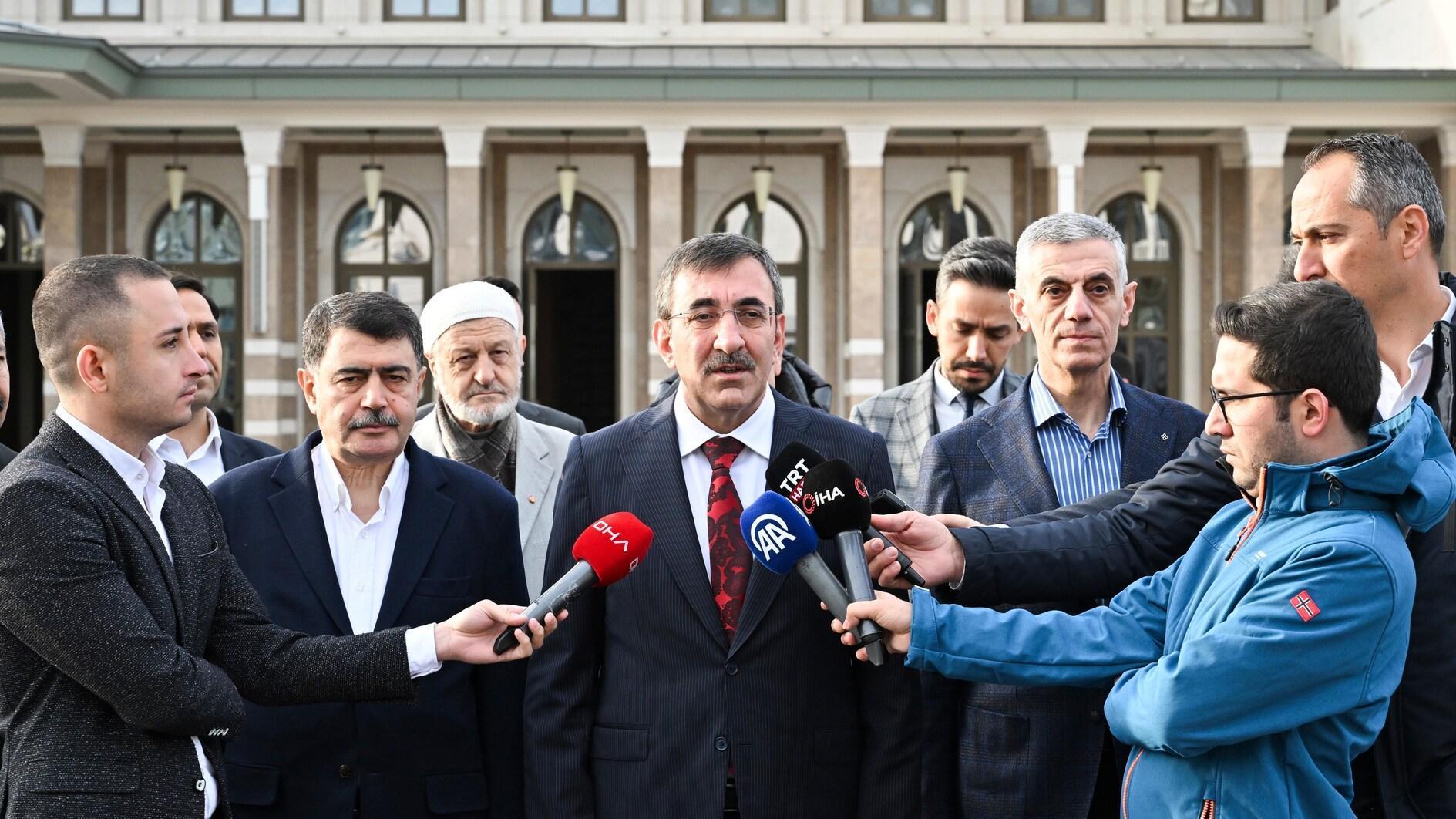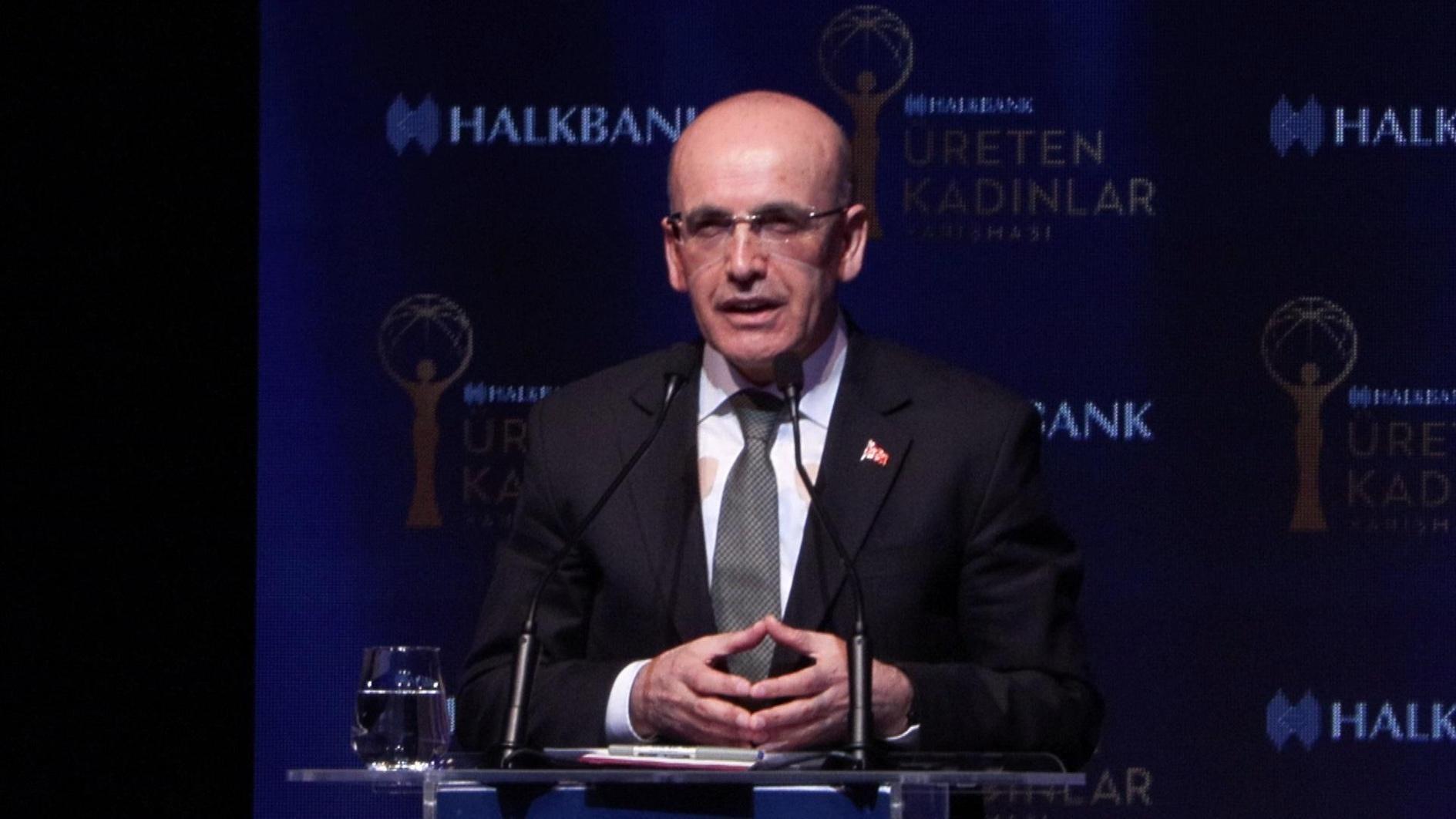Lack of transparence fuels speculation over new would-be diplomats
Nearly a year ago, I reported in the Hürriyet Daily News about the concerns about a new law bringing radical changes to the structuring of the Foreign Ministry.
The article concluded that while some saw the changes as an opportunity for the best to move up in the echelons of the hierarchy more quickly, others who were afraid of cronyism and the creation of inequalities were anxious to see how it would be implemented. As of today, the skeptics’ concerns have not been alleviated.
The new law brought, among others, two critical changes. The required period of the time of service before a diplomat can be appointed as an ambassador was shortened. While previously it took at least 20 years, now this period has been reduced to 10 years.
The law also changed eligibility requirements, allowing people with degrees in history, public relations, sociology or psychology to take the exams needed to become career diplomats.
Since the law has entered into force, there have been two rounds of promotion putting the idea of whether the “fast-tracking” approach was applied on a merit basis to the test. As an outsider, my assessment of whether those who got promoted really deserved it or those who did not were treated unfairly would obviously be subject to challenge.
But if the fast-tracking is done in a way to open gaps among generations, that is, if in five to 10 years’ time, a lot of diplomats with, let’s say, 15 years’ experience start working under diplomats with 10 years’ experience, the fact that this will poison the working environment among foreign policy personnel leaves no room for challenge.
Similarly, there have been two rounds of recruitments. The first took place in November 2010, while the results of the second round were announced last month.
In the past, only 20 or 30 persons among 200 or 300 applicants were able to pass the test. Last year 100 people passed the exams, while 74 did so this year.
In the past there were not as many universities as there are today. In the two recruitment rounds graduates from nearly two dozen universities entered the service. Ankara University’s Department of Political Sciences used to provide a sizeable number of recruits under the old system. In 2010 Boğaziçi University, however, ranks first in the number of graduates while in 2011 it is Marmara University, followed by Istanbul University.
The first wave of new recruits seems to have created disappointment among their superiors. Many believe that the criteria have been lowered too much to try and end the shortage of diplomats. Indeed, it is only natural to expect some flexibility in the criteria if the ministry is to implement Turkey’s new assertive foreign policies.
Yet some believe that the last stronghold that has been immune to cronyism has now been destroyed and that a recent decision by the ministry has strengthened their conviction. The curriculum vitae of diplomats that have included their full educational background, including their high schools, on the ministry’s intranet have been removed. There is no need to recall that certain schools financed or supported by certain groups/brotherhoods have been a source of controversy in Turkey for many years.
Some believe that this decision was taken to hide the backgrounds as well as the date of entry of the new comers. This way, if you see a fast-tracker, you cannot attribute it to his or her background; not only do you not even know the date of his or her entry, you cannot even speculate about the speed in the career rise, since there will be no record showing the date of entry in the information that can be accessed by ministry personnel. The possibility that those who started to work under the new system will dominate all the key positions has become technically possible.
We will no doubt see a completely new human landscape in the ministry. Whether this will be for the good or the bad requires additional reflection.











